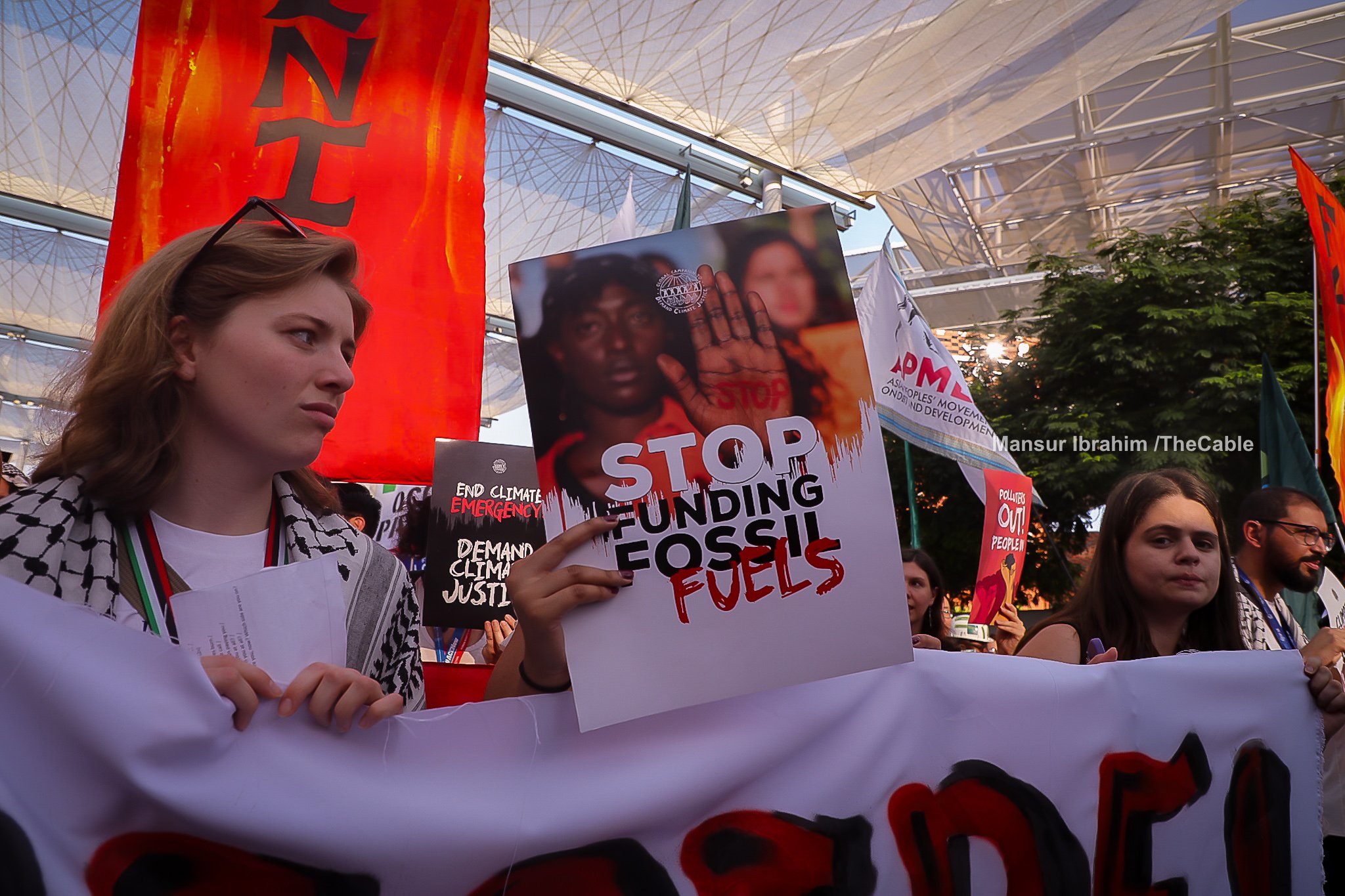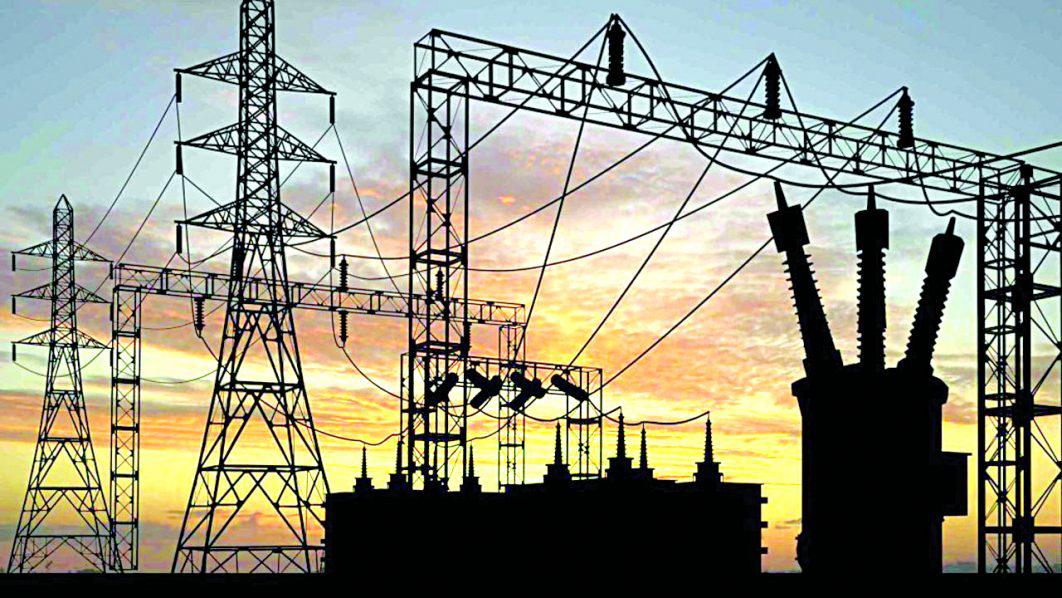Climate activists carry placards at COP28 chanting end to fossil fuel

At around 4:30 pm on Monday, a new draft text of the Global Stocktake (GST) was released.
Delegates, including prying journalists, hurriedly downloaded the texts and began devouring same for the juice in the content.
One thing most people were looking out for? The language on fossil fuel phase-out — which Antonio Guterres, United Nations secretary-general, said will be a determining factor for the conference’s success.
Advertisement
“In my opinion, the success of the COP will be for the COP to reach a consensus on the need to phase out fossil fuels,” Guterres told reporters after a press conference on Monday.
The global stocktake is the process of taking inventory of how countries have fared in their individual commitments to reducing global emissions and getting the world closer to a 1.5C to address the climate crisis.
The two-year process culminates at COP28 and is expected to inform the next set of nationally determined contributions (NDCs) by 2025.
Advertisement
However, the last day of COP28 is here but a final draft of the GST is yet to be decided and the text draft that is currently being debated seems to fall short of expectations from all sides.
For countries like those from the Marshall Islands, “they will not sign their death warrant”; while for African countries “they will not agree to a fossil fuel phase-out” because it is critical to the survival of their economies.
TO INCLUDE OR NOT TO INCLUDE A PHASE OUT IN THE FINAL TEXT?
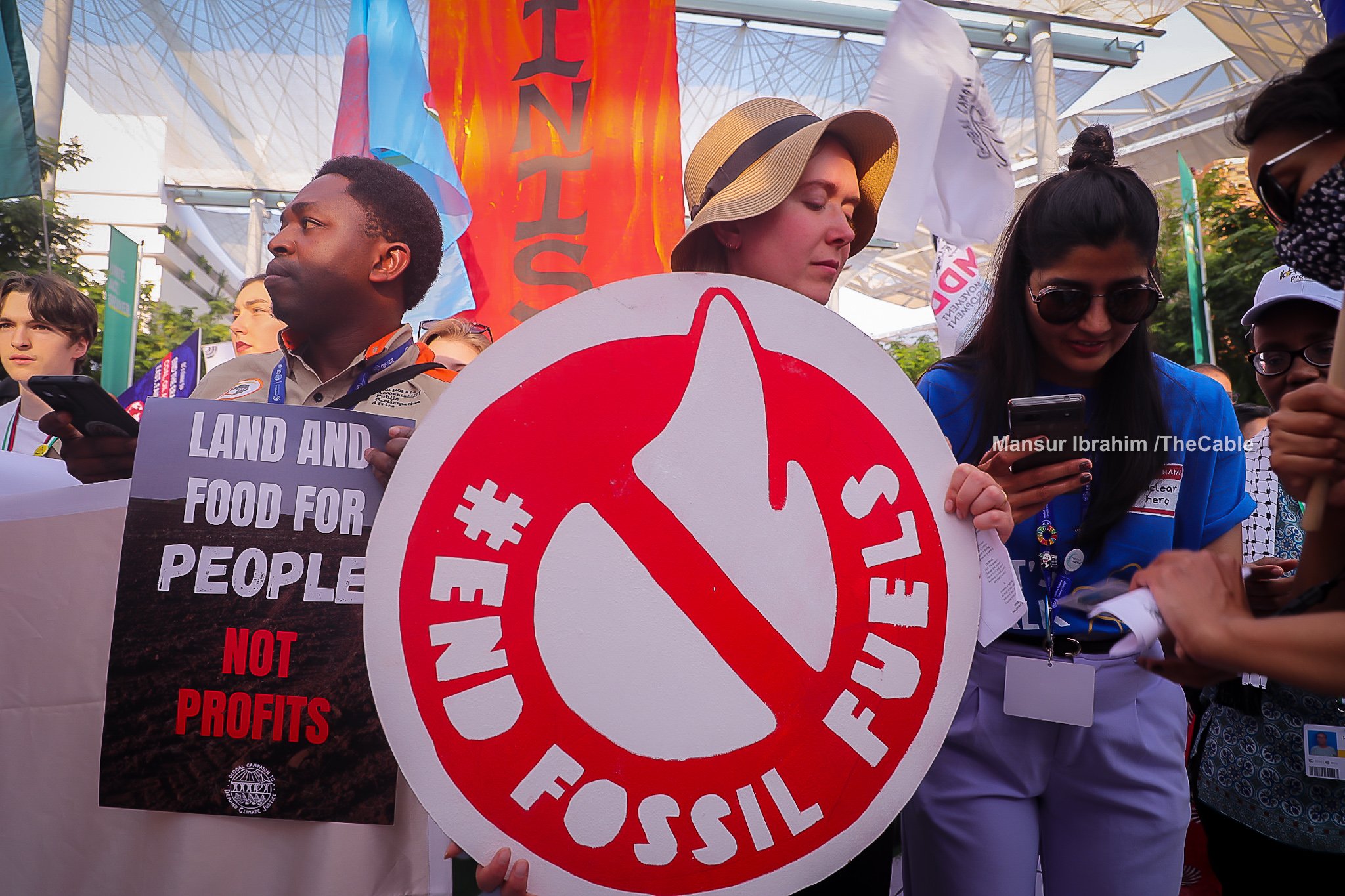
The need for a fossil fuel phase-out has become a necessity in the face of increasing global temperatures. The science is clear that CO2 emissions, primarily from fossil fuels, are responsible.
Advertisement
However, despite the impact on people and the planet, the conversation around fossil fuel phase-out has dragged on for longer.
At COP26, in 2021 in Glasgow, after a series of negotiations to phase out coal, countries only ended up agreeing to phase down.
There were hopes that COP28 would deliver on the phase-out of all fossil fuels (including oil and gas), but the current GST draft text does not include such wording. And this is because there has been pushback from oil-producing countries such as Saudi Arabia and Iran.
But they are not the only ones.
Advertisement
As momentum grew over the last two weeks and civil societies exerted more pressure on negotiators to include a fossil fuel phase-out in the final outcome of the conference, Haitham Al Ghais, head of the Organisation of Petroleum Exporting Countries (OPEC), wrote a letter to member countries asking them to “proactively reject any text or formula that targets energy i.e. fossil fuels rather than emissions”.
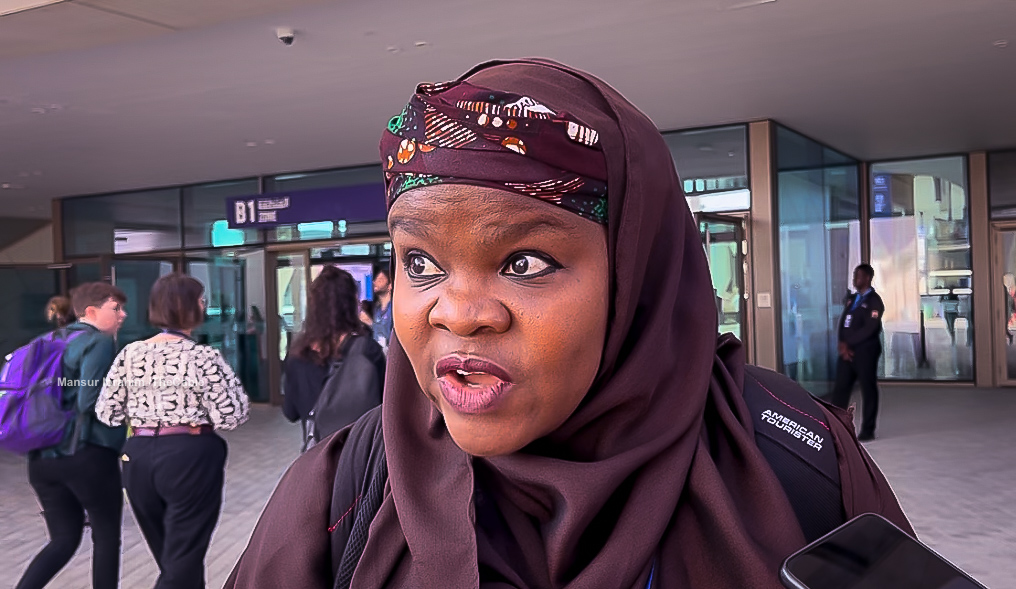
Playing by the rules, Halima Bawa-Bwari, Nigeria’s deputy party head and director at the department of climate change, told TheCable: “We will not agree to a phase-out. The most we can agree to is a phase down”.
Advertisement
Meanwhile, Lorraine Chiponda, ‘Don’t Gas Africa Campaign’ facilitator, said she believes that if COP28 fails to include strong language on fossil fuels phase-out, then it will have failed African communities because “the solutions being pushed forward in the draft text will result in further destruction of the little climate resilience that communities have had”.
‘LIKE A BONE THROWN AT DOGS’
Advertisement
Pertaining to fossil fuels, from the draft, countries were called upon to rapidly phase down unabated coal and limitations on permitting new and unabated coal power generation.
They were also asked to phase out inefficient fossil fuel subsidies that encourage wasteful consumption and which do not address energy poverty or just transitions.
Advertisement
The text also called for the acceleration of zero and low emissions technologies, including renewables, nuclear, abatement and removal technologies, such as carbon capture, utilisation and storage, and low carbon hydrogen production, so as to enhance efforts towards substitution of unabated fossil fuels in energy systems.
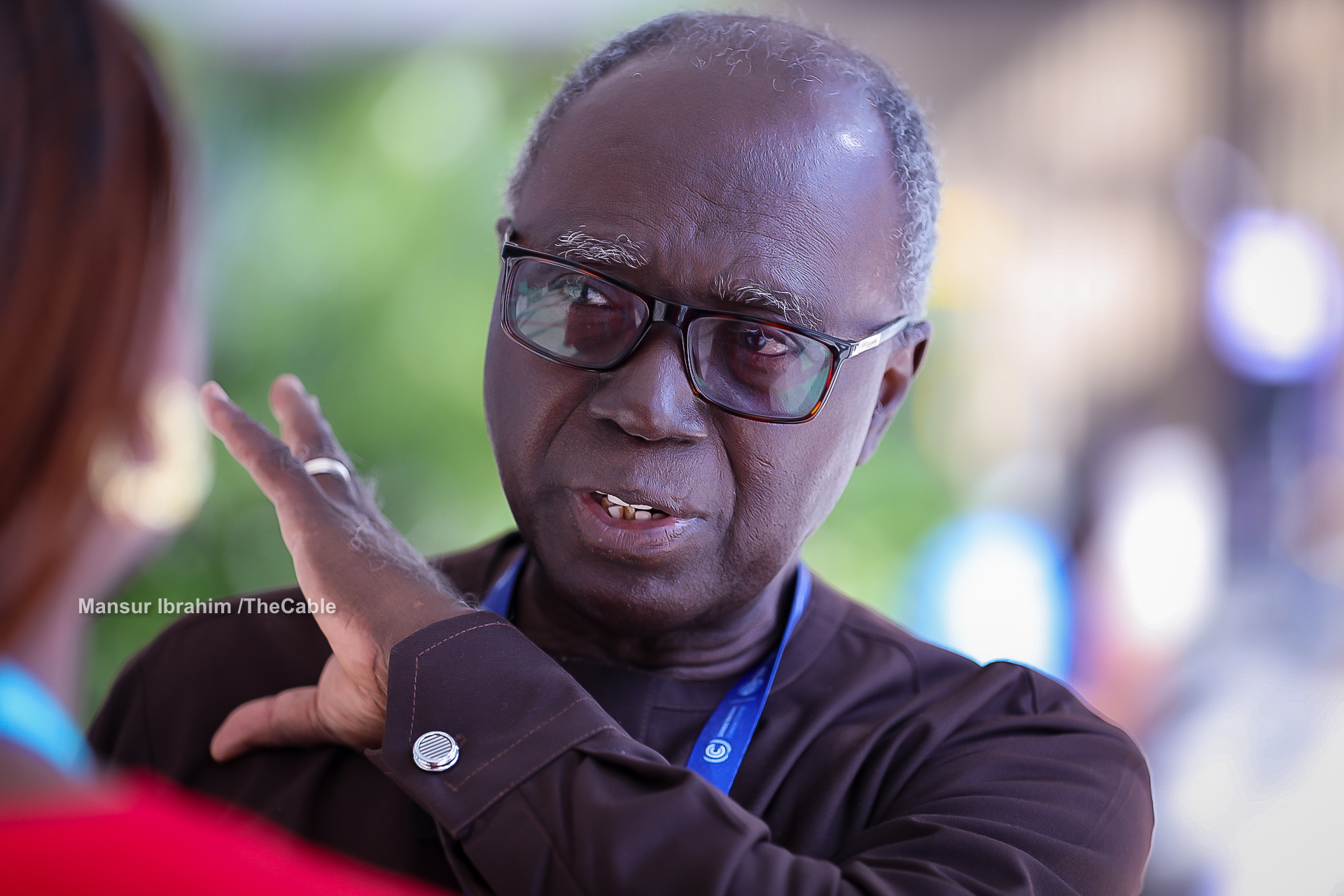
Seth Osefa, legal adviser of the African Group of Negotiators, told TheCable that the language of the final document needs to be crafted properly in order to get countries to agree and arrive at a solution.
He said the language of the GST text is not strong enough to get the world to where it needs to go in terms of achieving the 1.5C goal, adding that he doesn’t believe the outcome of the GST will influence ambitious NDCs from countries by 2025.
“Considering what is happening globally, economically, and financially, I’m not sure that any country is going to come out with something so ambitious,” Osefa said.
“They would move, yes, but I don’t think we will get NDCs that will drive us towards the 1.5 to 2 degrees that we’ve been talking about. We need a lot more effort than we are doing now.”
For Chiponda, she feels the draft text only seems to have given developing countries only “bones, as dogs, to chew” on nothing, but mentioned that she’s not “surprised” given the host country’s position as a major polluter.
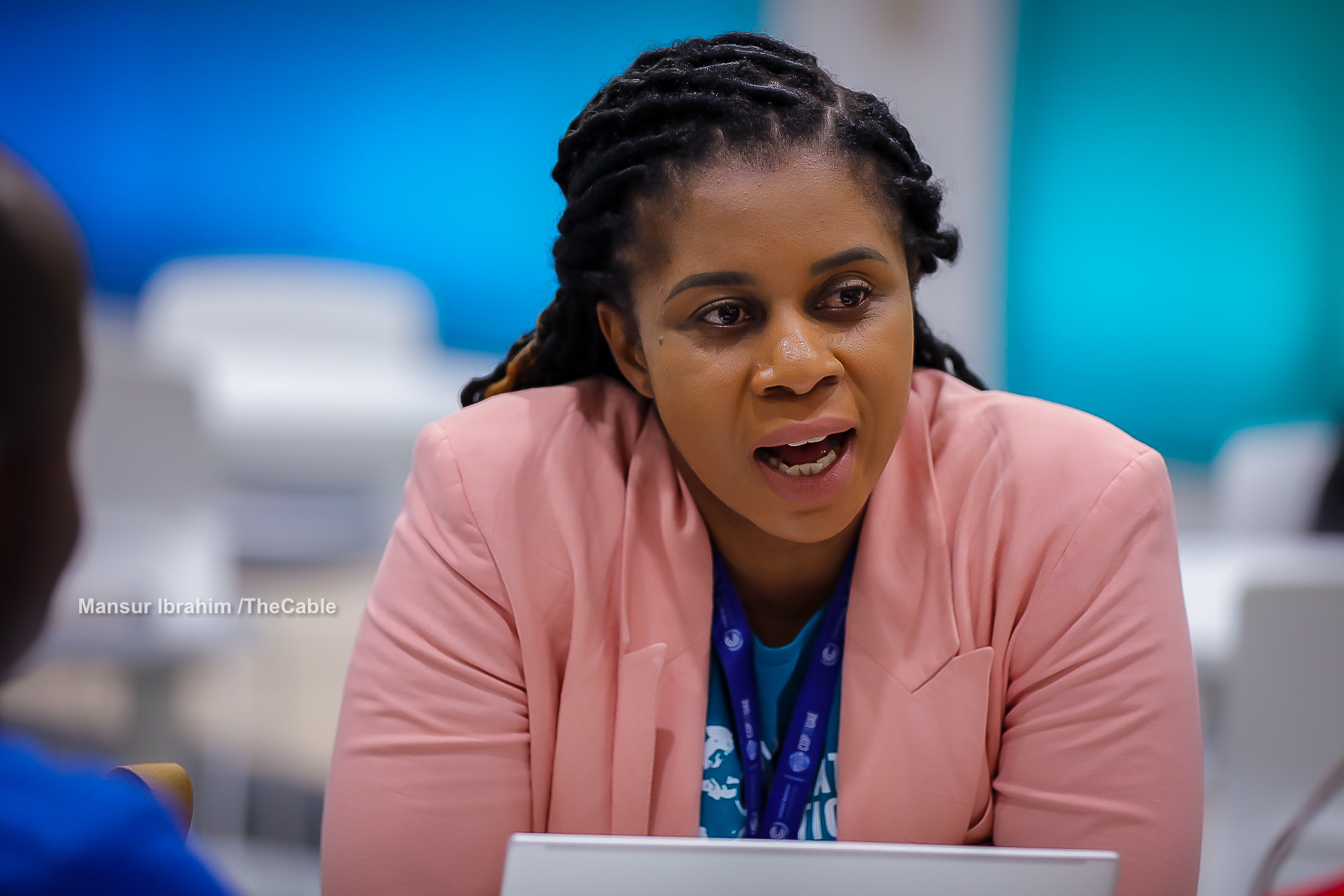
“So I feel like this has been very much influenced by the interests of OPEC and oil and gas producing countries. So I feel like it’s very much influenced and it’s not really going to take us where we need to be going,” she said.
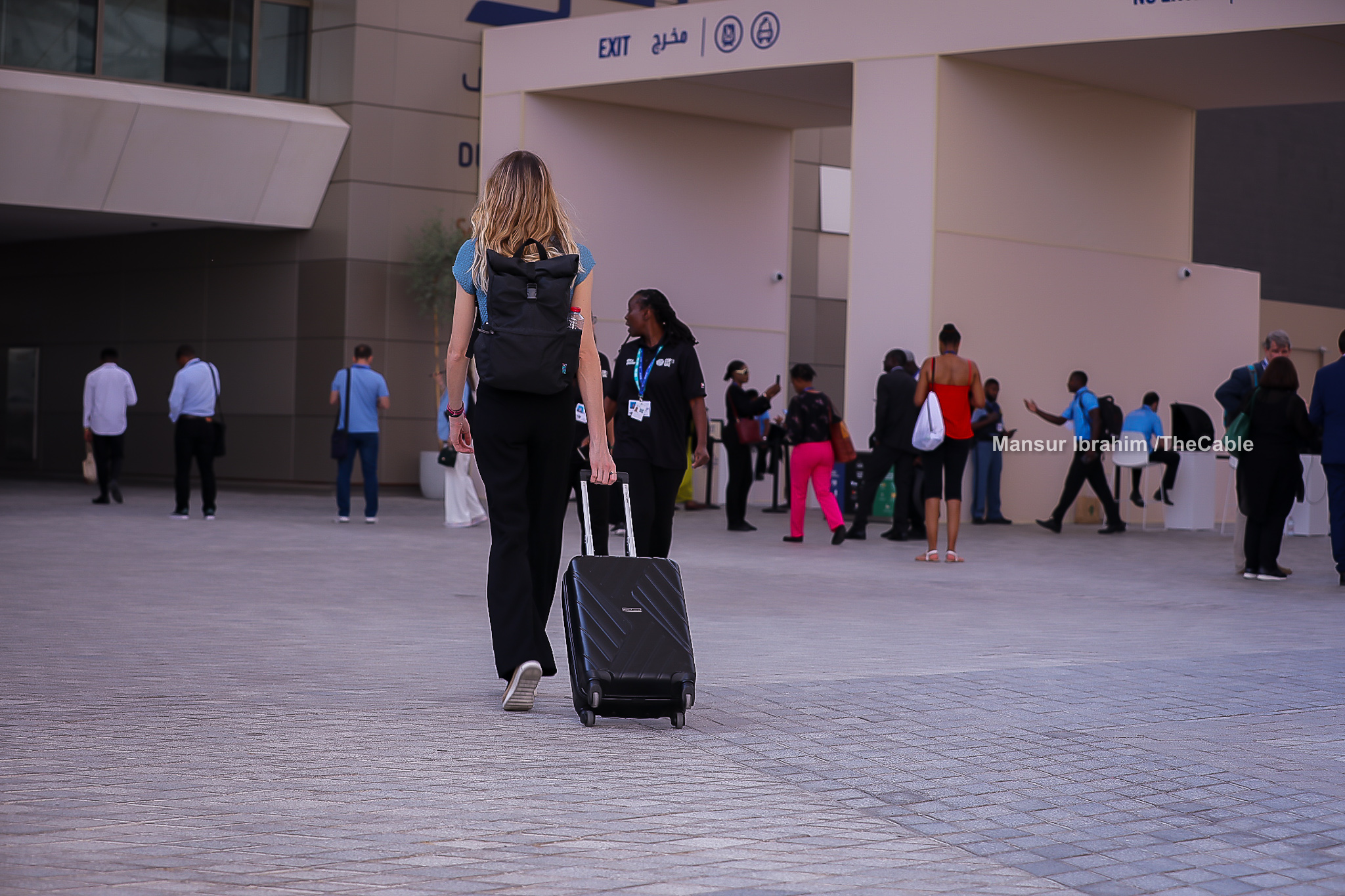
As the COP venue gradually turns dry with delegates already flying out of the UAE, negotiations have now moved into overtime against the 11 am initial deadline.
But the hopes remain that the much-awaited final outcome of the GST will move the world forward in tackling the climate crisis.
